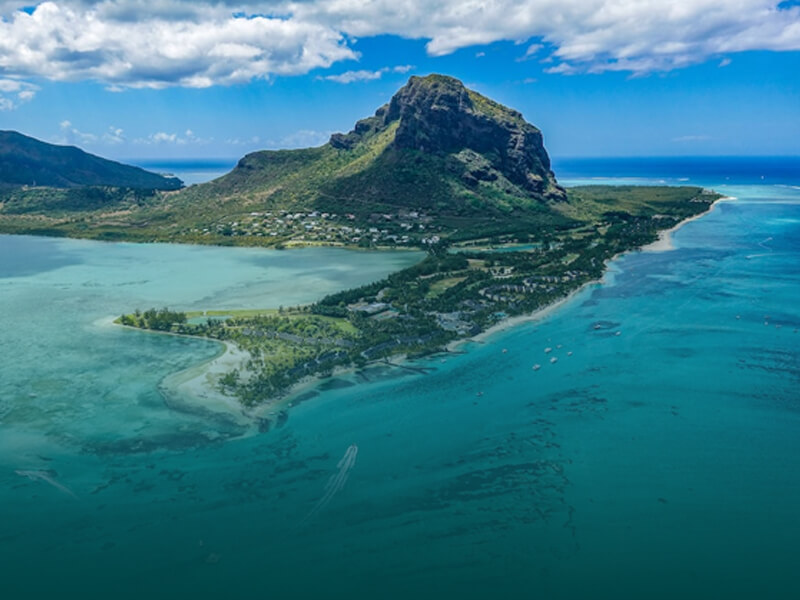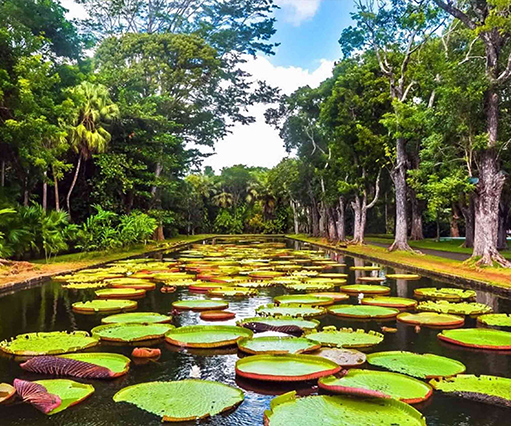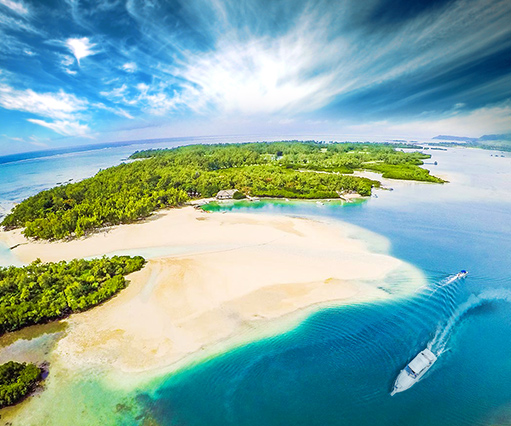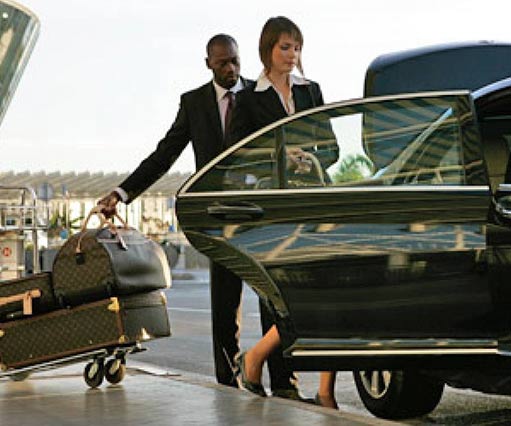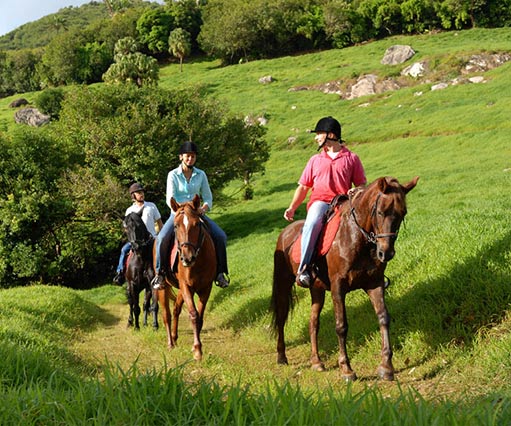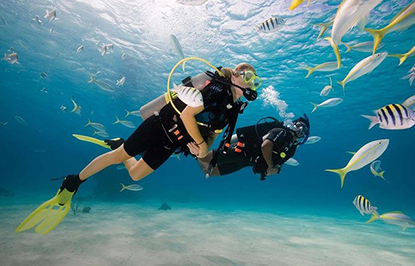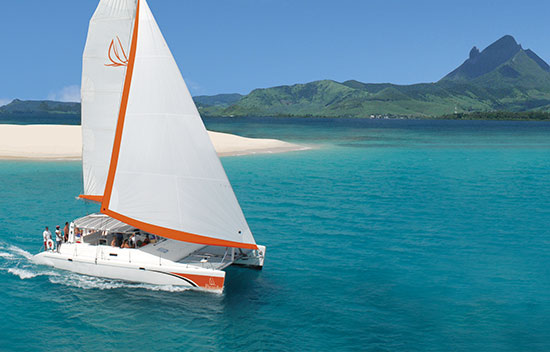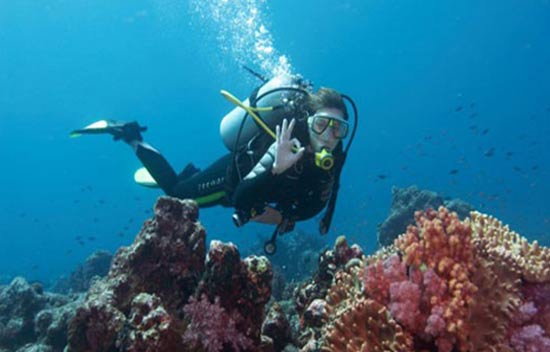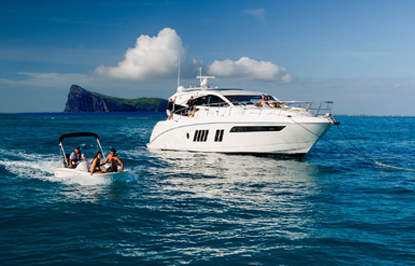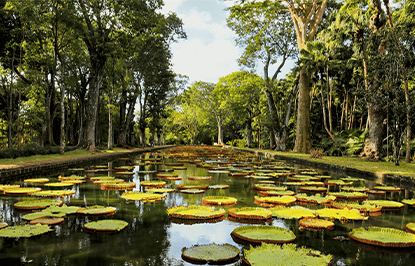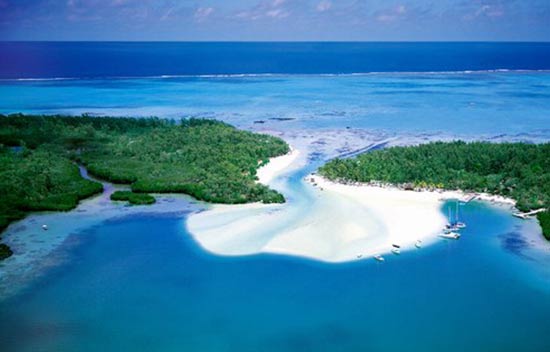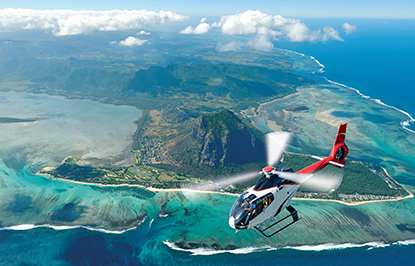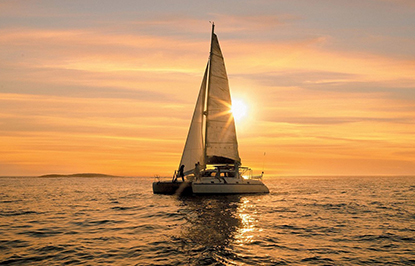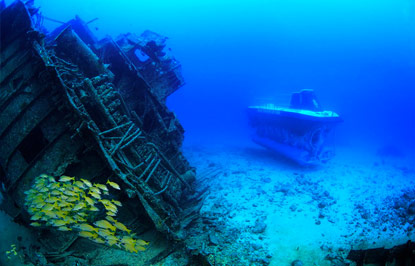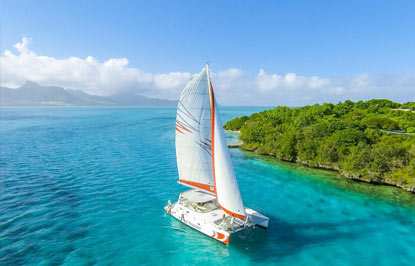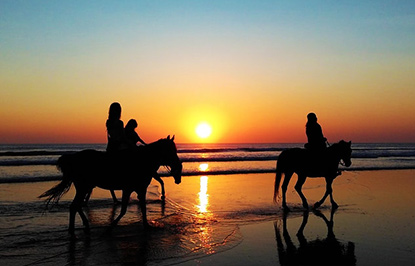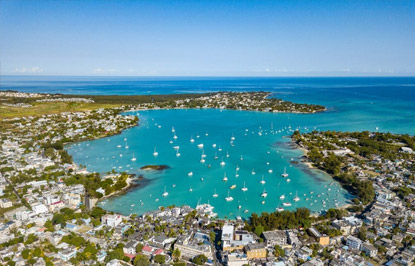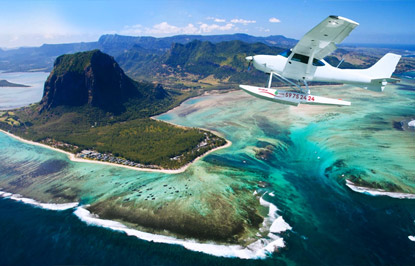Mauritius Currency and the Mauritian Rupee

 Maps of Mauritius
Maps of Mauritius
 All about Mauritius: Info & Tips
All about Mauritius: Info & Tips
 Topographic Map
Topographic Map
 Full Day Tours (Shopping, Sightseeing or Custom)
Full Day Tours (Shopping, Sightseeing or Custom)
 Mauritius Must See & Do
Mauritius Must See & Do
 The History of Mauritius
The History of Mauritius
 Location Map
Location Map
 Roads Map
Roads Map
 Districts Map
Districts Map
 Hotels Map
Hotels Map
 Attractions Map
Attractions Map
 Satellite Map
Satellite Map
 Hospitals & Clinics Map
Hospitals & Clinics Map
 Mauritius Map: 1880 Edition
Mauritius Map: 1880 Edition
 Cities & Sights Guide
Cities & Sights Guide
 Mauritius Sega Music, Dance & Instruments
Mauritius Sega Music, Dance & Instruments
 Beaches in Mauritius
Beaches in Mauritius
 Mauritius Airport
Mauritius Airport
 Tourism Industry
Tourism Industry
 Mauritius Geography & Dependencies
Mauritius Geography & Dependencies
 Languages in Mauritius
Languages in Mauritius
 Shopping in Mauritius
Shopping in Mauritius
 Mauritius Currency
Mauritius Currency
 Land of the Dodos
Land of the Dodos
 Mauritius Visa
Mauritius Visa
 Best Time to Visit Mauritius
Best Time to Visit Mauritius
 Mauritius Video Gallery
Mauritius Video Gallery
 Best Places to Stay in Mauritius
Best Places to Stay in Mauritius
 Mauritius' Must-See Spots
Mauritius' Must-See Spots
 Where is Mauritius?
Where is Mauritius?
 Mauritius Travel Advice
Mauritius Travel Advice
 Where to Stay in Mauritius?
Where to Stay in Mauritius?
 Street Food in Mauritius (with Recipes!)
Street Food in Mauritius (with Recipes!)
 Most Popular Festivals Celebrated in Mauritius
Most Popular Festivals Celebrated in Mauritius
 Medical Procedures & Wellness
Medical Procedures & Wellness
 Ecotourism in Mauritius
Ecotourism in Mauritius
 Mauritius Culture - Sports, Cuisine, Festivals & More
Mauritius Culture - Sports, Cuisine, Festivals & More
 Mauritius Travel & Safety Tips
Mauritius Travel & Safety Tips

 Scuba Diving in Mauritius
Scuba Diving in Mauritius
 Hiking and Trekking
Hiking and Trekking
 Mauritius Best Sea & Water Excursions
Mauritius Best Sea & Water Excursions
 Mauritius - A Top Fishing Destination
Mauritius - A Top Fishing Destination
 Casinos Directory
Casinos Directory
 Best Places to Stay in Mauritius
Best Places to Stay in Mauritius
 Mauritius' Must-See Spots
Mauritius' Must-See Spots
 Visit & Activities at Casela Nature Parks
Visit & Activities at Casela Nature Parks
 Trou aux Cerfs Volcano (Dormant)
Trou aux Cerfs Volcano (Dormant)
 Rochester Falls - Popular Waterfall in Mauritius
Rochester Falls - Popular Waterfall in Mauritius
 Discover Le Morne Brabant
Discover Le Morne Brabant
 Mauritius Waterfalls
Mauritius Waterfalls
 Domaine de La Vieille Cheminée
Domaine de La Vieille Cheminée
 SSR Botanical Garden
SSR Botanical Garden
 Castle in Mauritius - Château de Labourdonnais
Castle in Mauritius - Château de Labourdonnais
 Eureka - La Maison Créole
Eureka - La Maison Créole
 Black River Gorges National Park
Black River Gorges National Park
 Highest Mountain in Mauritius
Highest Mountain in Mauritius
 Le Pouce Mountain
Le Pouce Mountain
 Mauritius Tea Route - Le Domaine de Bois Chéri
Mauritius Tea Route - Le Domaine de Bois Chéri
 Domaine de Saint Aubin - Historical Sugar Estate
Domaine de Saint Aubin - Historical Sugar Estate
 Domaine des Aubineaux - French Colonial-Style House
Domaine des Aubineaux - French Colonial-Style House
 Mauritius Markets
Mauritius Markets
 Discover our Waterfalls
Discover our Waterfalls
 Churches in Mauritius
Churches in Mauritius
 Nature & Adventure Parks
Nature & Adventure Parks
 Water Activities in Mauritius
Water Activities in Mauritius
 10 Most Beautiful Mountains
10 Most Beautiful Mountains
 Breathtaking Viewpoints in Mauritius
Breathtaking Viewpoints in Mauritius
 Hindu & Tamil Temples
Hindu & Tamil Temples
 Rivers in Mauritius
Rivers in Mauritius
 Street Food in Mauritius (with Recipes!)
Street Food in Mauritius (with Recipes!)
 Top 10 Museums in Mauritius
Top 10 Museums in Mauritius
 Ethereal Nature Lodges
Ethereal Nature Lodges
 Islet Escapes Await
Islet Escapes Await
 Fun Activities for the Whole Family
Fun Activities for the Whole Family
 Day Cruises & Islet Visits
Day Cruises & Islet Visits
 15 Best Places to Go Shopping in Mauritius
15 Best Places to Go Shopping in Mauritius
 VIP & Luxury Packages
VIP & Luxury Packages
 Self-Catering Apartments
Self-Catering Apartments
 Animal Encounters in Mauritius
Animal Encounters in Mauritius
 Must-Try Water Sports
Must-Try Water Sports
 Play Golf in Paradise
Play Golf in Paradise
 Sightseeing Tours & Packages
Sightseeing Tours & Packages
 Scuba Diving Destination
Scuba Diving Destination

 Mauritius Excursions (120+ Options)
Mauritius Excursions (120+ Options)
 Scuba Diving in Mauritius
Scuba Diving in Mauritius
 Catamaran Cruises, Yachts, Speed Boats & More
Catamaran Cruises, Yachts, Speed Boats & More
 Sea & Water Activities
Sea & Water Activities
 Hiking and Trekking
Hiking and Trekking
 PADI & CMAS Diving Courses
PADI & CMAS Diving Courses
 Yacht Cruises
Yacht Cruises
 Full Day Tours (Shopping, Sightseeing or Custom)
Full Day Tours (Shopping, Sightseeing or Custom)
 Ile Aux Cerfs Mauritius (Island Tours)
Ile Aux Cerfs Mauritius (Island Tours)
 Mauritius Top Land Excursions
Mauritius Top Land Excursions
 Mauritius Best Sea & Water Excursions
Mauritius Best Sea & Water Excursions
 Underwater Experiences in Mauritius
Underwater Experiences in Mauritius
 Flight Excursions in Mauritius
Flight Excursions in Mauritius
 Golf Resorts in Mauritius
Golf Resorts in Mauritius
 Cities & Sights Guide
Cities & Sights Guide
 Overnight Catamaran Cruises
Overnight Catamaran Cruises
 La Vanille Nature Park (Giant Tortoises & Crocodile Reserve)
La Vanille Nature Park (Giant Tortoises & Crocodile Reserve)
 Mauritius - A Dream Destination Spot
Mauritius - A Dream Destination Spot
 Holidaying with Your Kids?
Holidaying with Your Kids?
 Mauritius' Ultimate Marine Adventure
Mauritius' Ultimate Marine Adventure

 Mauritius Excursions (120+ Options)
Mauritius Excursions (120+ Options)
 Scuba Diving in Mauritius
Scuba Diving in Mauritius
 Catamaran Cruises, Yachts, Speed Boats & More
Catamaran Cruises, Yachts, Speed Boats & More
 PADI & CMAS Diving Courses
PADI & CMAS Diving Courses
 Yacht Cruises
Yacht Cruises
 Full Day Tours (Shopping, Sightseeing or Custom)
Full Day Tours (Shopping, Sightseeing or Custom)
 Ile Aux Cerfs Mauritius (Island Tours)
Ile Aux Cerfs Mauritius (Island Tours)
 Mauritius Top Land Excursions
Mauritius Top Land Excursions
 Underwater Experiences in Mauritius
Underwater Experiences in Mauritius
 Flight Excursions in Mauritius
Flight Excursions in Mauritius
 Golf Resorts in Mauritius
Golf Resorts in Mauritius
 Overnight Catamaran Cruises
Overnight Catamaran Cruises
 Discover the Underwater World
Discover the Underwater World
 Flight Trips & Aerial Activities
Flight Trips & Aerial Activities
 Catamaran Cruises
Catamaran Cruises
 Must-Try Unique Activities in Mauritius
Must-Try Unique Activities in Mauritius
 Romantic Things To Do in Mauritius
Romantic Things To Do in Mauritius
 Hike the Best Trails: From Waterfalls to Mountain Peaks
Hike the Best Trails: From Waterfalls to Mountain Peaks
 Indoor Activities for a Rainy Day
Indoor Activities for a Rainy Day
 Top 10 Adrenaline-Filled Adventures in Mauritius
Top 10 Adrenaline-Filled Adventures in Mauritius
 Evening Activities in Mauritius
Evening Activities in Mauritius
 Mauritius' Must-Do Activities
Mauritius' Must-Do Activities
 Activities in the North of Mauritius
Activities in the North of Mauritius
 Mauritius Underwater Waterfall: An Illusion?
Mauritius Underwater Waterfall: An Illusion?
 Wildlife Parks in Mauritius
Wildlife Parks in Mauritius
 Holidaying with Your Kids?
Holidaying with Your Kids?

 Visit & Activities at Casela Nature Parks
Visit & Activities at Casela Nature Parks
 Trou aux Cerfs Volcano (Dormant)
Trou aux Cerfs Volcano (Dormant)
 Rochester Falls - Popular Waterfall in Mauritius
Rochester Falls - Popular Waterfall in Mauritius
 Discover Le Morne Brabant
Discover Le Morne Brabant
 Mauritius Waterfalls
Mauritius Waterfalls
 La Vanille Nature Park (Giant Tortoises & Crocodile Reserve)
La Vanille Nature Park (Giant Tortoises & Crocodile Reserve)
 Black River Gorges National Park
Black River Gorges National Park
 Highest Mountain in Mauritius
Highest Mountain in Mauritius
 Le Pouce Mountain
Le Pouce Mountain
 Nature & Adventure Parks
Nature & Adventure Parks
 10 Most Beautiful Mountains
10 Most Beautiful Mountains
 Rivers in Mauritius
Rivers in Mauritius
 Mauritius Underwater Waterfall: An Illusion?
Mauritius Underwater Waterfall: An Illusion?
 Wildlife Parks in Mauritius
Wildlife Parks in Mauritius
 Mauritius Lava Tube Caves
Mauritius Lava Tube Caves

 Blue Penny Museum
Blue Penny Museum
 Ganga Talao (Grand Bassin)
Ganga Talao (Grand Bassin)
 Domaine de La Vieille Cheminée
Domaine de La Vieille Cheminée
 SSR Botanical Garden
SSR Botanical Garden
 Historic Site - Aapravasi Ghat
Historic Site - Aapravasi Ghat
 Castle in Mauritius - Château de Labourdonnais
Castle in Mauritius - Château de Labourdonnais
 Eureka - La Maison Créole
Eureka - La Maison Créole
 The Citadel Fort (Fort Adelaide)
The Citadel Fort (Fort Adelaide)
 Mauritius Postal Museum
Mauritius Postal Museum
 The Martello Tower Museum
The Martello Tower Museum
 Indian Immigration Museum
Indian Immigration Museum
 Mahébourg Naval and History Museum
Mahébourg Naval and History Museum
 Mauritius Tea Route - Le Domaine de Bois Chéri
Mauritius Tea Route - Le Domaine de Bois Chéri
 Domaine de Saint Aubin - Historical Sugar Estate
Domaine de Saint Aubin - Historical Sugar Estate
 Domaine des Aubineaux - French Colonial-Style House
Domaine des Aubineaux - French Colonial-Style House
 Hindu & Tamil Temples
Hindu & Tamil Temples
 Historical & Heritage Sites
Historical & Heritage Sites
 Mauritius Historical Sites
Mauritius Historical Sites
 Mauritius Top Arts & Cultural Events
Mauritius Top Arts & Cultural Events

 Mauritius National Holidays & Festivals
Mauritius National Holidays & Festivals
 Divali - The Festival of Lights
Divali - The Festival of Lights
 Maha Shivaratri Festival
Maha Shivaratri Festival
 Thaipoosam Cavadee Festival
Thaipoosam Cavadee Festival
 Traditions, Cuisines and Festivities in Mauritius
Traditions, Cuisines and Festivities in Mauritius
 Events and Festivals in Mauritius
Events and Festivals in Mauritius
 Père Laval Mauritius
Père Laval Mauritius
 Ugadi Festival
Ugadi Festival
 Eid-Al-Fitr in Mauritius
Eid-Al-Fitr in Mauritius
 Most Popular Festivals Celebrated in Mauritius
Most Popular Festivals Celebrated in Mauritius
 Mauritius Culture - Sports, Cuisine, Festivals & More
Mauritius Culture - Sports, Cuisine, Festivals & More

 Flic en Flac
Flic en Flac
 Grand Baie - Mauritius
Grand Baie - Mauritius
 Port Louis - The Capital of Mauritius
Port Louis - The Capital of Mauritius
 The Village of Chamarel - Mauritius
The Village of Chamarel - Mauritius
 Quatre Bornes (Four Boundaries)
Quatre Bornes (Four Boundaries)
 Grand Gaube
Grand Gaube
 Albion
Albion
 Belle Mare
Belle Mare
 Ebene Cybercity
Ebene Cybercity
 Cap Malheureux
Cap Malheureux
 Bel Ombre
Bel Ombre
 Mahebourg
Mahebourg
 Trou d’Eau Douce
Trou d’Eau Douce
 Trou aux Biches
Trou aux Biches
 Curepipe
Curepipe
 Tamarin
Tamarin
 Péreybère
Péreybère
 Majestic Natural Wonders That Will Amaze You
Majestic Natural Wonders That Will Amaze You
 Blue Bay
Blue Bay
 Goodlands
Goodlands
 Uncover the Best Coastal Spots in the North of Mauritius
Uncover the Best Coastal Spots in the North of Mauritius
 Balaclava
Balaclava
 Dive into Mauritius’ Historic Hub and Scenic Wonders
Dive into Mauritius’ Historic Hub and Scenic Wonders
 Mont Choisy
Mont Choisy
 Le Morne
Le Morne
 Mauritius Markets
Mauritius Markets
See More
Mauritius Currency and the Mauritian Rupee
Money Matters: Understanding the Mauritian Currency
Before you start exploring Mauritius’ pristine beaches, turquoise waters and rich culture, it’s essential to get familiar with the local currency.
Understanding how to handle money, whether through cash or card payments, will make your stay smoother and stress-free. Here’s everything you need to know about the Mauritian Rupee (MUR) and managing your finances on the island.
The Mauritian Rupee
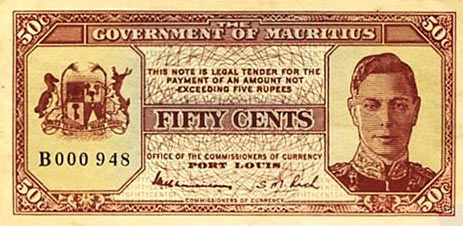
The official currency of Mauritius is the Mauritian Rupee (MUR), denoted as “Rs”. It is available in both coins and banknotes:
- Coins: 5 cents, 20 cents, 50 cents, Rs 1, Rs 5, Rs 10, Rs 20
- Banknotes: Rs 25, Rs 50, Rs 100, Rs 200, Rs 500, Rs 1,000, Rs 2,000
Modern Polymer Banknotes
Since 2013, Mauritius has introduced polymer banknotes for durability and enhanced security, with features such as:
- A transparent window replaces the traditional watermark.
- See-through and blind embossing for authenticity verification.
- A Dodo image and swing feature visible from both sides.
A Brief History of the Mauritian Currency
The Mauritian Rupee was officially introduced in 1877, replacing the Indian Rupee, the Mauritian Dollar, and the British Sterling. The decision to adopt the rupee was largely influenced by the influx of Indian immigrants to Mauritius, making the rupee a natural choice for the island’s economy.
Who’s on Your Rupee?
Each Mauritian banknote features an important figure in the country’s history along with a significant cultural landmark:
- Rs 2,000 – Sir Seewoosagur Ramgoolam (Mauritius’ first Prime Minister) and a sugarcane worker
- Rs 1,000 – Sir Gaetan Duval (key political figure) and the State House
- Rs 500 – Sookdeo Bissoondoyal (nationalist leader) and the University of Mauritius
- Rs 200 – Sir Abdool Razack Mohamed (prominent political leader) and Port Louis Market
- Rs 100 – Renganaden Seeneevassen (Mauritius’ first Minister of Education) and the Court House
- Rs 50 – Joseph Maurice Paturau (industrialist) and the Port Louis Waterfront
- Rs 25 – Sir Moilin Jean Ah-Chuen (the first Sino-Mauritian minister) and a traditional Rodriguan fisherman
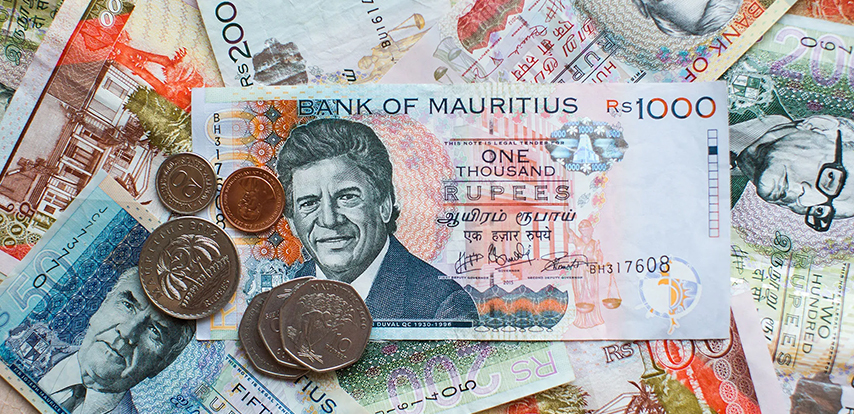
Payment Methods & Credit Cards
- Credit & Debit Cards: Mauritius is well-equipped for digital and card payments. Major cards, including Visa, MasterCard, American Express, and Diners Club are widely accepted at hotels, restaurants, shops, and tourist attractions.
- ATMs: Easily accessible across the island, allowing you to withdraw rupees using an international card.
- Currency Exchange: Available at banks, licensed exchange bureaus and the airport. Remember, a passport is required for transactions at banks. (Find out more about exchange services here)

Tips for Handling Your Money in Mauritius
- Keep an eye on exchange rates before converting large amounts.
- Use ATMs or registered exchange bureaus for the best currency conversion rates.
- Always carry some cash for small purchases, particularly in rural areas, smaller vendors and local markets. (Get more tips on shopping in Mauritius here)
- Notify your bank of your travel plans to avoid your cards being blocked for foreign transactions.














